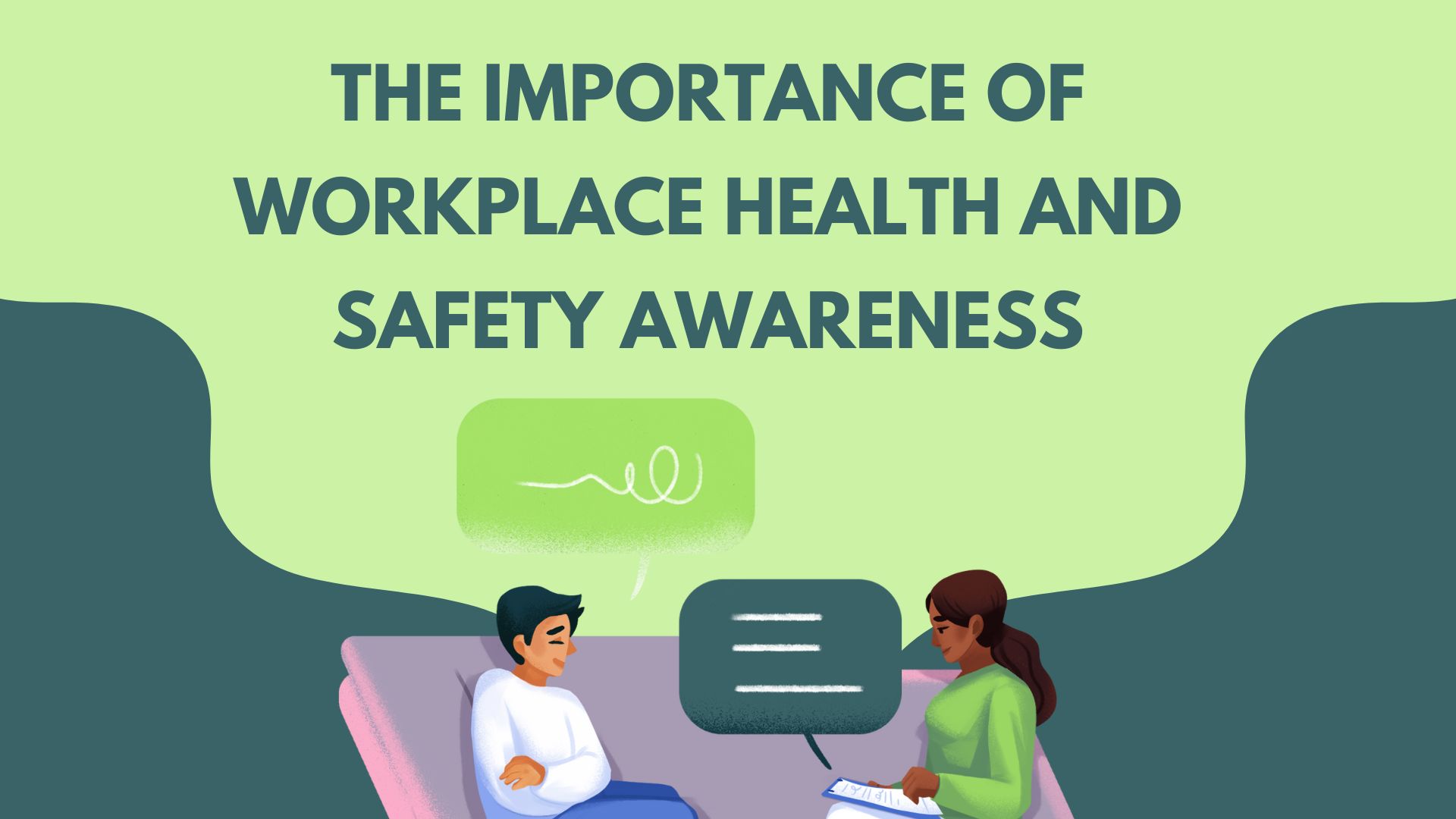Running a business involves smooth functioning of various operations and to manage payroll is one of the most critical aspects among those many. Small businesses can’t afford even a minor mistake, as it leads to unsatisfied employees, compliance penalties, or many times, financial losses.
Outsourcing payroll services helps streamline the process, it’s still essential to be aware of common roadblocks and how they can cause disruptions to your operations.
Table of Contents
Payroll Mistakes To Avoid With Payroll Services For Small Businesses
Below are 10 payroll mistakes small businesses should avoid, even when using payroll services.
1. Incorrect Employee Classification
One of the most common payroll mistakes is the misclassification of employees as independent contractors or vice versa. This impacts tax withholding, benefits, and compliance. Using payroll services doesn’t mean that you aren’t responsible, you must ensure all workers are classified correctly as per local labor laws.
Also Read: singapore cpf contribution: How Much You Pay & How It’s Calculated
2. Wrong Employee Track
Inaccurate time tracking is the primary reason for underpayment or overpayment. Even with automated systems, errors could still occur if employees aren’t clocking in/out regularly, or if manual entries are frequent. Integrating time-tracking tools within your payroll software helps ensure accuracy and transparency.
3. Missing Payroll Deadlines
Late payroll processes result in unhappy employees along with penalties from government bodies. Even if you use a payroll provider, you shall still ensure to submit necessary approvals and data on time. Set calendar reminders and automate processes to meet deadlines.
4. Non-Compliance To Local and National Tax Regulations
Tax laws vary by country, region, and industry type. It’s ok to outsource payroll, but complete reliance on your payroll provider never guarantees full compliance. Make sure your payroll service records and regulations are updated with the latest tax codes and it correctly applies to your accounts.
5. Non-Maintenance Of Record
Payroll records shall always be maintained and saved for a specific number of years, as per the local regulations. This includes timesheets, tax forms, pay stubs, and more. Integrating a payroll system that automatically stores and backs up your payroll data for easy and quick access and compliance audits.
6. Failing to Reconcile Payroll Reports
You must form a routine included in workflow to periodically review and reconcile payroll reports with your accounting system. Common errors like duplicate payments or tax miscalculations if caught early could be rectified, if a proper reconciliation process is maintained.
7. Skipping Significant Benefits and Deductions
Incorrect handling of benefits, like health insurance, retirement contributions, or bonuses, are always responsible for making huge differences to payroll calculations. Check within your system and ensure your payroll system accounts have factored in any such variables like deductions in every pay run.
Also Read: 8 Key Changes to Singapore CPF Contribution Rates
8. Neglecting Year-End Reporting
Year-end payroll reporting is as important as the payroll process itself. It becomes more essential, as it directly relates to tax filings and employee documentation. Any delays in preparing this can lead to missed deadlines and penalties. An ideally good payroll service should integrate factors to generate year-end tax forms like IR8A in Singapore.
9. Assuming Payroll Software Does Everything
You must understand that payroll software is a tool, not a solution in itself. Human effort behind it, to run it ideally, only can make the difference and is necessary. You must input accurate data, review reports, and stay informed about any law updates.
10. No Payslips or Transparency
Employees are always entitled to receive the payslips, within the first week of receiving salaries, mentioning how their pay is calculated. Failing to provide detailed payslips always erodes trust. Choose a payroll service that ensures self-service portals where employees can access their payslips, leave balances, and other details quickly.
Conclusion
Payroll is more than just signing checks, considering the prevalence of current hours, it’s more about legal compliance, financial accuracy, and employee satisfaction. By avoiding all the above mentioned common mistakes, SMEs can not only choose the right payroll service, but can make the best use of it, save time, reduce risks, and build a more trustworthy workplace.






















Leave feedback about this